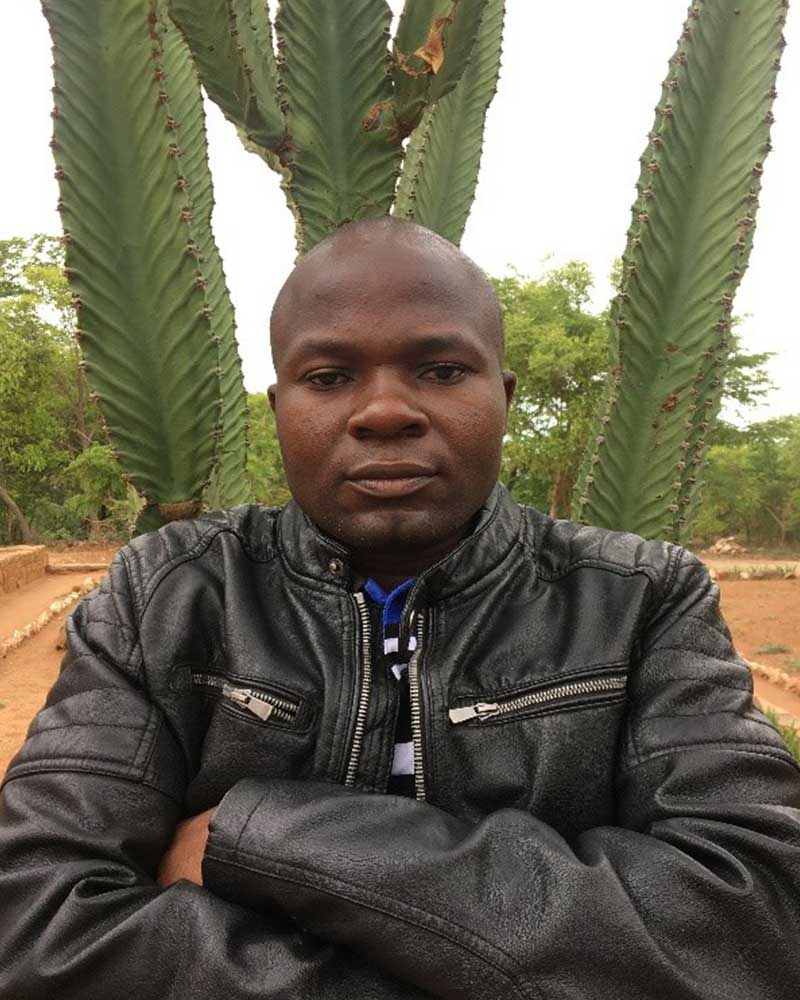
Maja Jakarasi
PhD Project (2022–2024): When decolonization and capitalism intersect–exploring the role of contemporary mental illness healing practice among the Shona people in Mashonaland Central province in Zimbabwe (Research Area Healing)
- B. Sc. Hon. in Development Studies (Zimbabwe 2012)
- Post Graduate Diploma in Education (Zimbabwe 2015)
- M. Sc. in Development Studies (Zimbabwe 2018)
- M. Sc. in Cultural Anthropology and Development Studies (Belgium 2021)
- Certificate in Small Business Planning and Promotion (SBPP) (India 2017)
- Government of Zimbabwe under Ministry of Youth, Sport, Arts and Recreation (2015–to present) as District Development Officer (in Rushinga District in Zimbabwe)
- Ministry of Primary and Secondary Education (2012–2014) as teacher
- Zimbabwe National Network of People Living with HIV and AIDS (ZNNP+) (2010–2011) as Field Officer (intern)
This research is an inquiry into the postcolonial strategies in their efforts to decolonize mental health system that has since heavily interacted with capitalism (i.e. ESAPs). To explore this, I am going to conduct an ethnographic study among the Shona people in Mashonaland Central province (Mbire, Rushinga, Mazowe and Bindura districts) in Zimbabwe.Contemporary ‘traditional’ healing has been publicly undermined in the mental health system in Zimbabwe, but however, many Shona people continue ‘surreptitiously’ to seek mental illness healing from the same. There is little scholarly understanding of ‘contemporary traditional’ mental illness healing practice and its implications in the transformation of Global Mental Health in Zimbabwe. In my thesis, I will use participant observation to collect data from the healers (different kinds of traditional healers), former or mentally ill persons, psychiatrists, traditional leaders (chiefs, headmen, village heads) and Christian healers. I will use purposive and snowball as sampling techniques and also employ transformational epistemology. I will also analyze my data with thematic and narrative analysis- while deriving themes or narratives from questions below. How effective were postcolonial strategies in decolonizing traditional mental illness healing practice? What are/were the roles of capitalism in reshaping the ‘contemporary traditional’ mental illness healing? What are the meanings, images, structure or technologies of ‘contemporary’ traditional healing practice in Zimbabwe? What are the challenges faced in ‘contemporary’ mental illness healing practices? What are the transformational strategies the advocates of ‘contemporary’ traditional mental illness hopes to use to sustain and strengthen Global Mental Health in Zimbabwe?